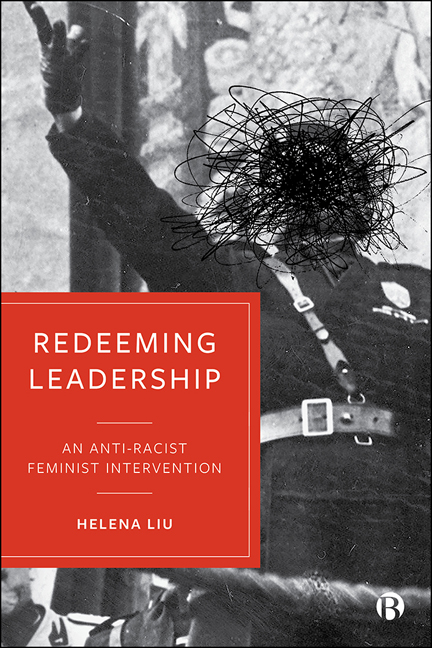7 - White Allyship
Published online by Cambridge University Press: 23 February 2021
Summary
In the wake of the Brexit vote in June 2016, The Guardian reported that white people in Britain had started wearing safety pins in a public show of solidarity with immigrants. The symbol of the safety pin conveyed the idea that immigrants had nothing to fear from them – that they are ‘safe’. In the aftermath of Trump's election, white Americans also wore safety pins in order to show support to those made most vulnerable by the new president's rise to power, such as people of colour, especially Muslims, members of the LGBTQ community, and undocumented migrants and their families. Although the intentions behind this gesture may have been genuine, some people were seen to be sporting the safety pin as an identity statement. ‘Look at me! I’m a good white person!’ Yet there was no action or strategy behind what then became an empty emblem of white guilt. In fact, the hollow gesture was easily co-opted by white nationalists, who wore safety pins in attempts to trick those distraught by the election outcome. The safety pin trend highlighted that allyship had become appropriated by some white people into a desirable social status that was denuded of all its commitment to change.
A safety pin, on its own, is insufficient to protect marginalized people. Allyship demands civic engagement, strategy and action. Perhaps the most poignant distinction is that being an ally is not a status that white people can designate themselves. It can only be assigned by those marginalized who recognize the ally's struggles towards solidarity.
In a society in which the machinations of racism are everywhere, white people are the problem. Said differently, racism is a white problem. People who were white created white supremacy and people who are white sustain it. Our actions, attitudes, and ways of being subvert justice, cross-racial solidarity, and reconciliation. More insidiously, we benefit profusely from the prevalence of racial injustice, even as we are spiritually, psychologically, and morally malformed by it.
These words of theologian Jennifer Harvey capture why it is so vital that white people take responsibility for white supremacy. Despite the ways white people are personally (albeit often unwittingly) implicated in the everyday reproduction of white supremacy, there is still a considerable number who refuse to believe that they should be held accountable to dismantle it.
- Type
- Chapter
- Information
- Redeeming LeadershipAn Anti-Racist Feminist Intervention, pp. 141 - 156Publisher: Bristol University PressPrint publication year: 2020



